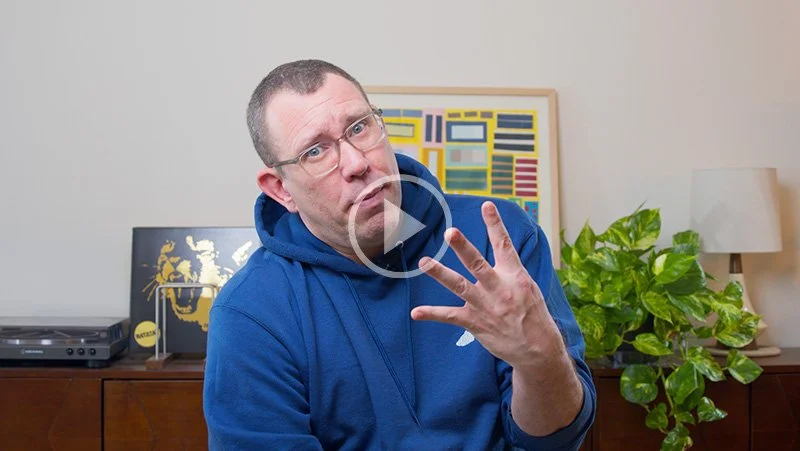Addressing Gen Z Work Ethic & Expectations
Welcome to the #culturedrop. Every Tuesday, Galen Emanuele emails tools to advance leadership skills, team culture, and personal growth. No spam, just great content. Sign up now to get it in your inbox.
Addressing conversations about Gen Z work ethic.
This week’s Culture Drop is in response to a semi-common thread in the world of workplace commentary. We’ve all heard the "Gen Z is lazy, and lacks work ethic," narrative. These criticisms echo across social media, workplace discussions, and casual conversations. And any time I hear anything like this about younger generations at work, one thought immediately comes to mind:
How well are leaders and organizations setting expectations?
The real issue: assumed expectations.
Here’s a scenario I see play out way too often:
A company hires a new employee or starts a new project and there’s an underlying assumption that everyone knows what’s expected of them. The unspoken rules of how to "show up," how to work, and how to deliver results linger in the background.
“A company hires a new employee or starts a new project and there’s an underlying assumption that everyone knows what’s expected of them.”
Then, when someone isn’t meeting those unspoken standards, leaders step in to address the issues. Feedback is given, problems are tackled, but frustration builds.
I think this is often completely unnecessary because these issues could have been avoided if expectations were clearly set and expressed from the very beginning.
The power of clear expectations.
Let’s flip the script. Imagine a leader sitting down with a new hire on day one, ideally as early as the interview process, and saying something like:
“This is a high-performance role. We expect you to work hard, be exceptional, pay attention to detail, and produce great work. Here’s what success looks like in this job, and how we expect you to contribute: [insert specific goals and metrics]. In return, we’ll support you, pay you well, and ensure that you’re working in a great culture.”
When expectations are laid out like this:
It sets the tone for the work relationship.
It eliminates guesswork about what’s expected.
It creates accountability, making future feedback conversations clearer and more objective.
A high bar isn’t a bad thing. In fact, people thrive when they know what’s expected and feel like their hard work will be recognized and rewarded.
Why this matters for Gen Z (and everyone else).
There’s a lot of talk about Gen Z having “different” work ethics or priorities. But in reality, this generation, like any other, craves clarity and purpose. They’re navigating a workplace that looks radically different from what previous generations experienced. So, if they’re not meeting your expectations, ask yourself:
Have you clearly defined what success looks like?
Have you explained how feedback will be given and received?
Have you clearly set the tone for what it means to be part of your team?
When we skip these steps, we set people up to fail. And when they do, we label them as lazy or unmotivated, when the real issue in my opinion is often a lack of communication.
“If your organization has high expectations, own it.”
High bar, high reward
If your organization has high expectations, own it. There’s power in saying that this job comes with great leadership, a positive, supportive, flexible culture, and great pay and benefits. And in exchange for that:
"We’re going to ask a lot of you."
"This isn’t the kind of job where mediocrity will fly."
"We expect hard work, attention to detail, and a commitment to excellence."
Being upfront about these things from day one not only attracts the right people and weeds out the wrong ones, but also builds a foundation of understanding, trust, and accountability.
The bottom line.
“Clear expectations aren’t a courtesy — they’re a necessity for a healthier work environment.”
Companies need to reflect on their ability and approach to setting people up for success. Clear expectations aren’t a courtesy — they’re a necessity for a healthier work environment.
If leaders provide better communication and proactive expectation-setting, they’ll create workplaces where people — Gen Z included — are more likely to thrive, contribute effectively, and succeed.
Set the bar high, be crystal clear from the get go, and make work better for everyone.
Related Blogs:
5 Things to Understand About Gen Z
Want more?
This article was created by Galen Emanuele for the #culturedrop. Free leadership and team culture content in less than 5 minutes a week. Check out the rest of this month's content and subscribe to the Culture Drop at https://bit.ly/culturedrop








